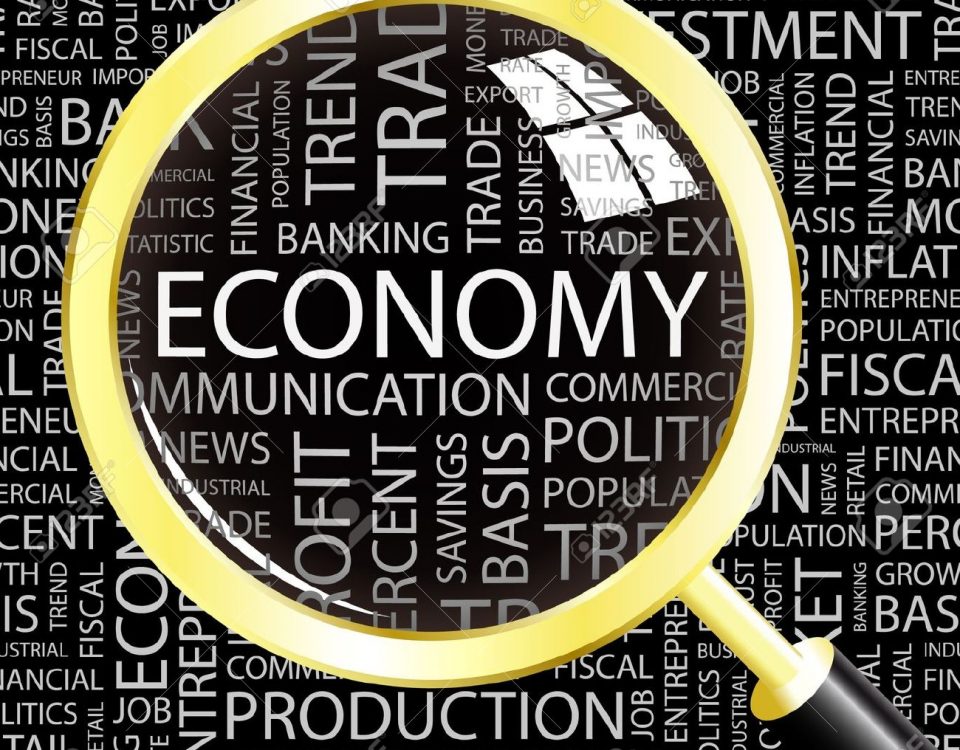Article Update: The Electronic Tax System; A Step In The Right Direction?

Article Update: Explained: How exiting recession affects you
September 7, 2017
Article Update: Three behavioral patterns that make small businesses fail and their counter measures
September 7, 2017The Federal Inland Revenue Service (FIRS) earlier this year, announced the introduction of six new electronic tax services (e-services) in furtherance of its efforts to increase financial collection, administration, avail services to the tax payers all the time from anywhere, reduce costs of compliance and improve tax compliance. The available e-services are:
It is no news that Nigeria ranks low amongst other nations in terms of ease of doing business. It is in this regard that several efforts are being made to improve the status which will attract business investors amongst other advantages. The electronic tax system, is not limited to one of these efforts.
According to the 2015 Paying Taxes Report (a joint study by PwC and the World Bank), Nigeria ranks 170 out of 189 economies on the ease of paying taxes. On the average, it takes a medium size company about 909 hours to comply with its tax obligations annually.
Also globally, electronic transaction is gradually phasing out manual tax processes. Unfortunately in Nigeria, e-taxation like every other new policy, is viewed as a suspicious attempt by the government to squander more funds.
An electronic tax system, if implemented well and used by most taxpayers, benefits both tax authorities and taxpayers. It will enhance revenue collection, improve tax administration and reduce compliance and collection costs.
While the initiative is commendable, the elements of an electronic tax system administration should be complied with which includes it being compliance focused, accessible, simple, affordable amongst other things.
In summary, the Electronic taxation system is a welcome one, a step in the right direction. It not only simplifies the means of paying taxes but enables the government to go after defaulters even more easily as the records are all accessible on their web portal.

